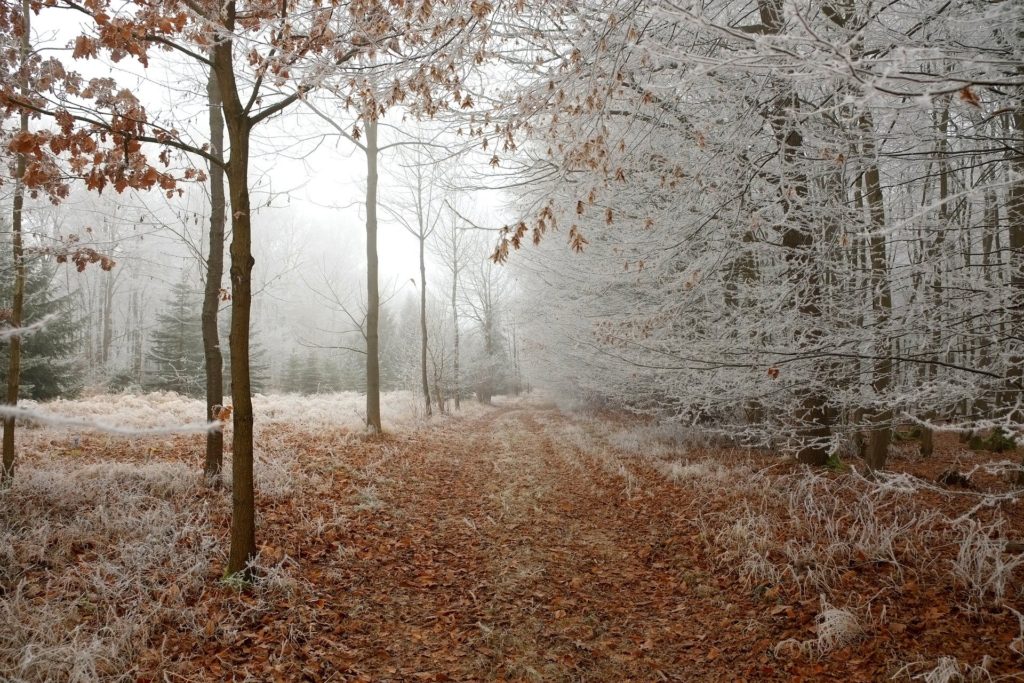“Experiencing climate grief is anticipatory which means to validate the loss future generations will be experiencing.” This statement is a statement of tremendous hope for me. It is the kind of statement I turn to when I feel like there is nothing I can do. It’s then that I know that sometimes the only possibility I have in the fight against climate change is to move passed my ignorance and disengagement. I can move towards a feeling of wholeness with the world and everyone in it – present and future.
Climate grief
Climate or ecological grief is generally described as the grief someone can experience in the face of ecological destruction. It’s grief about the destruction of ecosystems, the loss of biodiversity, or the extinction of specific animal species. That grief is a normal and natural response. In my course “Develop personal respond-ability in times of climate change” I look at the different stages of grief. I look at denial, anger, bargaining, depression and acceptance. And all those stages apply to climate grief just as much as they do to losing a loved one. We are, collectively, stuck somewhere between denying that climate change even exists and accepting the new reality and making plans for the future.
And yet, there is one important difference: climate grief is anticipatory grief. It’s grief we can feel upon stepping into the shoes of others – those who might not have even been born today.
The ugly truth
The ugly truth of climate change is that most of us still live in a state of relative stability. The planet and its systems are changing very slowly. The likelihood of our world being turned upside down as it has been with COVID-19 is unlikely. Chances are that we, who are alive today, will only face minor implications of climate change on our lives.
The effects we are seeing today are furthermore concentrated in regions of the world where media attention doesn’t turn to often. Farmers in Bangladesh losing their livelihood due to climate change rarely make it to the major networks. And even if that farmer turns out to be in a Western country, experiencing the same problems and facing the same ignorance, climate change can easily be explained away. We don’t have the attention span to comprehend something as slow-moving as changes in the climate and increasing global temperatures over a 100-year timescale.
Belonging
And yet, climate grief gives us that sense of belonging to something larger than just us.
A while ago I participated in a meditation which turned my focus to my connection to everything and everyone who came before me and who will come after me. From that meditation these words stuck with me: “Like our first ancestors stood looking out into the unknown, we today face a very uncertain future together. We face wars, extinction of species, climate disruption, oppression, and diseases. We also face opportunities for great change and evolution, liberation, unity, and love. We don’t know what lies ahead but we face it together and we go bearing the gifts of our ancestors to pass on to future generations.” (Silvia Di Blasio (2020): Harvesting the Evolutionary Gifts of All Our Ancestors.)
Feeling the connection I have to our earth, the wonder of being alive, gives me a sense of purpose. Although I am part of the problem of climate change and I benefit from the destruction of the earth, I am also here with the opportunity to contribute to its healing. I, too, will be an ancestor to those who will come after me. Like every generation before me, I face challenges. Utilising my climate grief as a source of power to move out of a state of ignorance and into a state of connection is my greatest power.
Leaving unconsciousness
While grief can stifle us in our everyday tasks, it also lifts a veil we unconsciously carry. When we lose a loved one, grieving his or her existence confronts us with their importance in our own life. We can choose to utilise this inside and continue the legacy of the person we lost.
And the same applies to climate change. Our planet, our ecosystems, our own existence are at risk of changing forever. With the knowledge we have today, we can choose to unconsciously accept that fact. Or we can choose to continue the legacy of our systems. We are alive today because we are the result of the wonder of evolution. Grieving is part of that wonder. It unites us with everything and everyone on our planet – past, present and future.
If you enjoyed this article, you might be interested in my course “Develop personal respond-ability in times of climate change“. It’s now available on Udemy.


Beautiful written. And I can highly recommend the course you have created. XxX